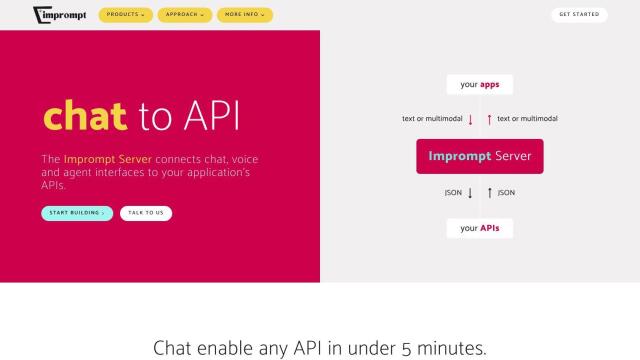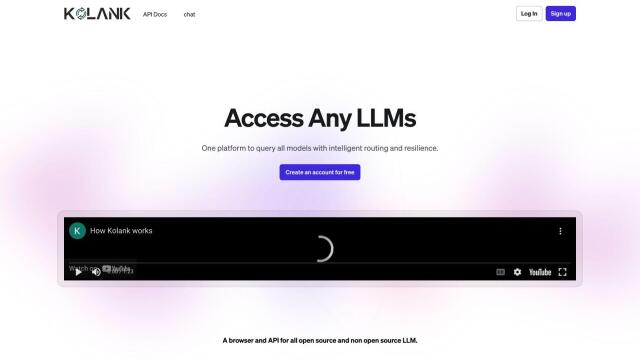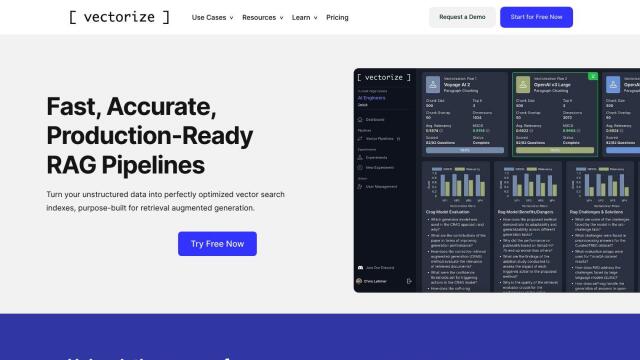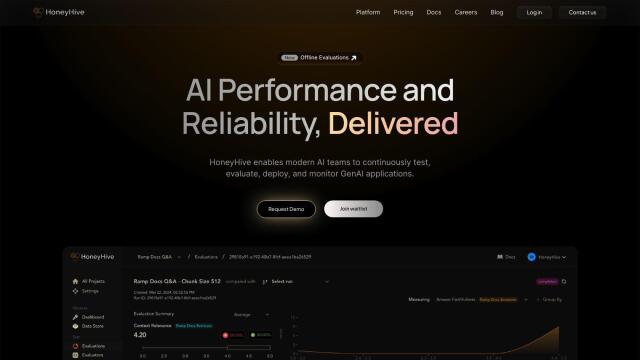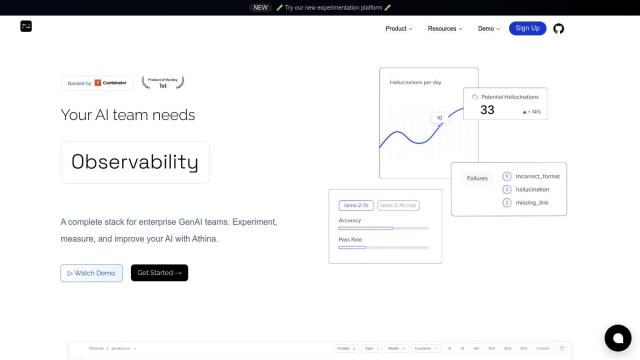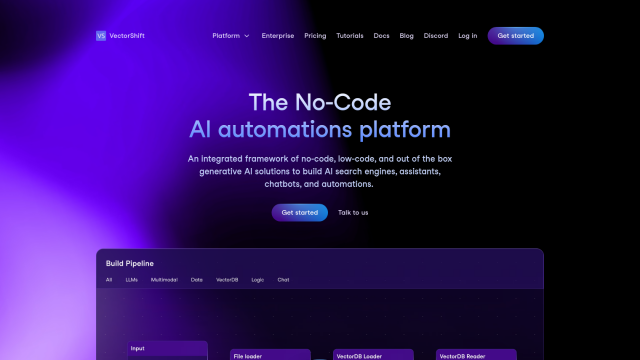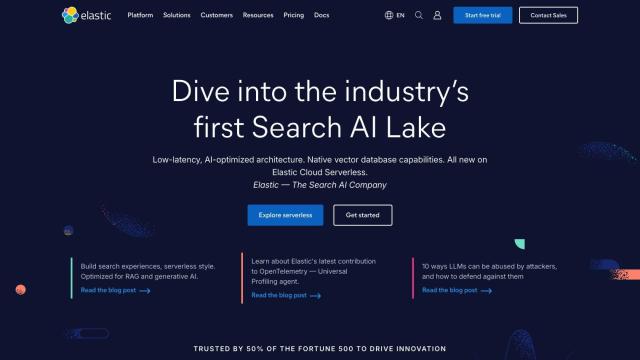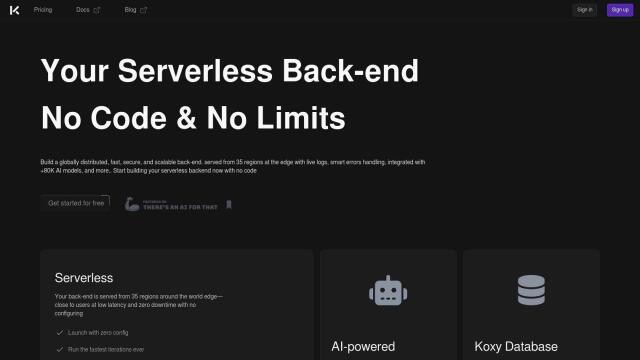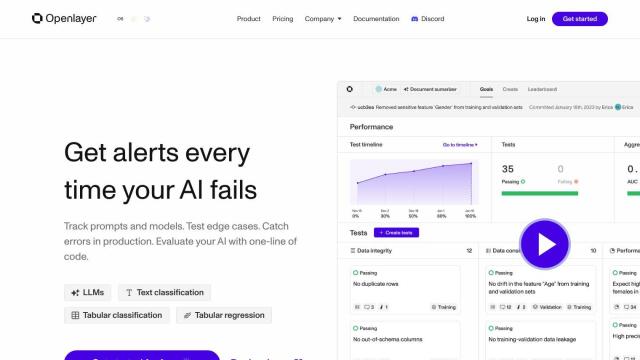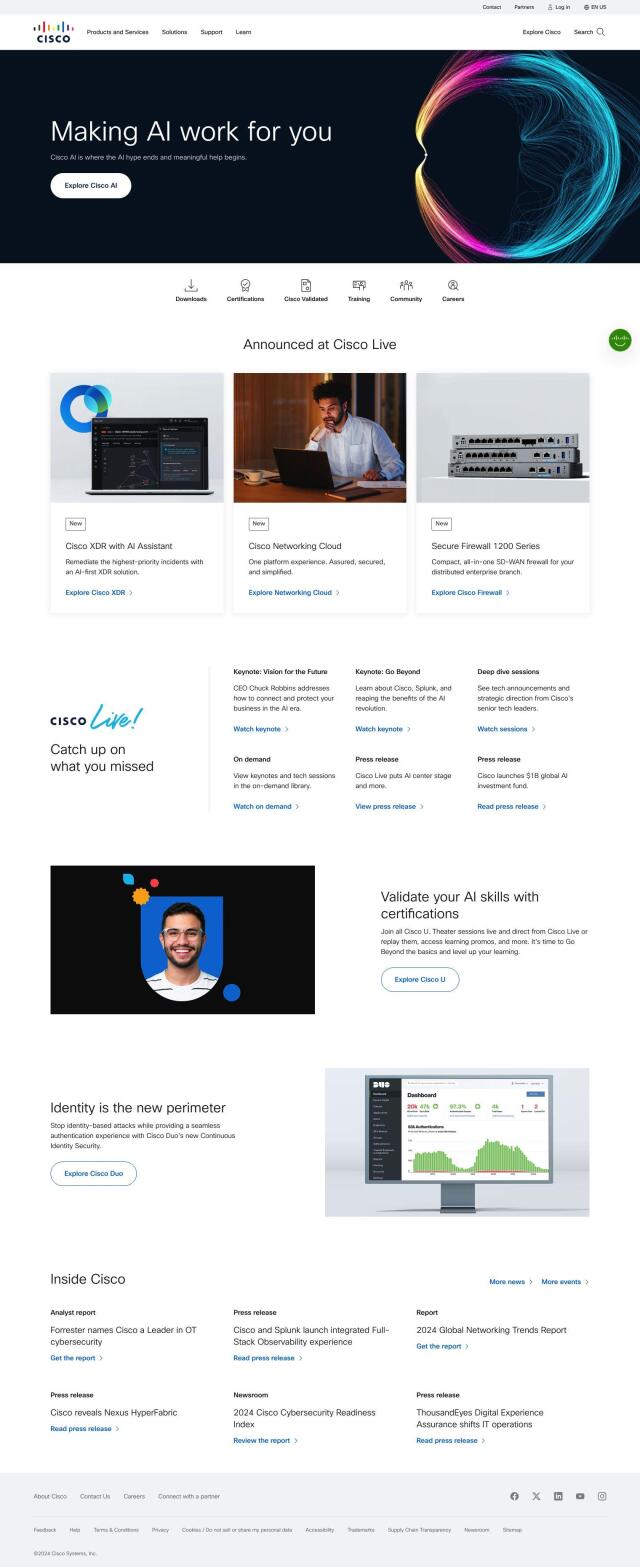Question: Is there a solution that can accelerate OpenAI API responses and reduce latency for our users?

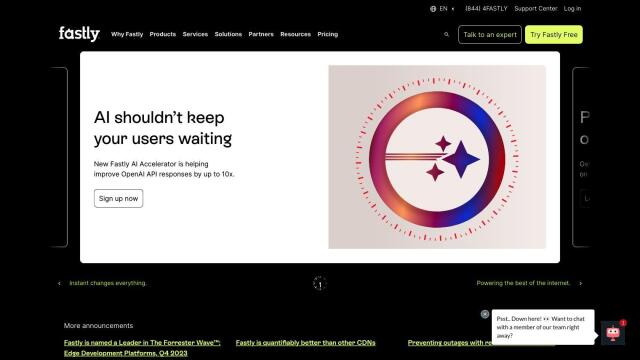
Fastly
If you need to speed up OpenAI API responses and lower latency for people using your service, Fastly is a good option. Fastly is an edge cloud platform that uses AI to speed up OpenAI API responses up to 10x. It comes with a Content Delivery Network (CDN) to route traffic efficiently, built-in security for network, application and compute-level protection, and Observability tools for real-time insights and logging. That makes it a good choice for high-traffic applications like e-commerce and streaming video.

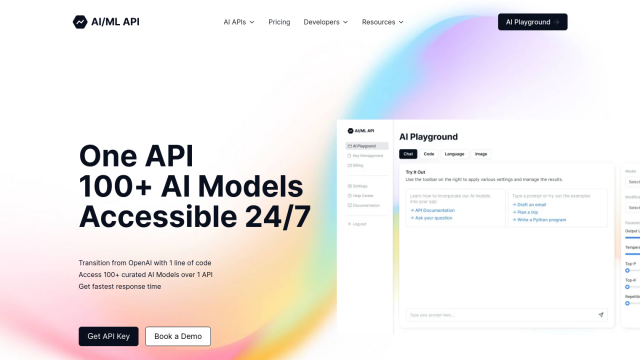
AIML API
Another contender is AIML API. The platform offers a single API to invoke more than 100 AI models, including OpenAI support. AIML API has serverless inference that means you don't have to worry about provisioning and maintaining servers, and a simple pricing model based on the number of tokens used. It's highly scalable, with 99% uptime, and has much faster response times than other options, so it's a good option for sophisticated machine learning projects.

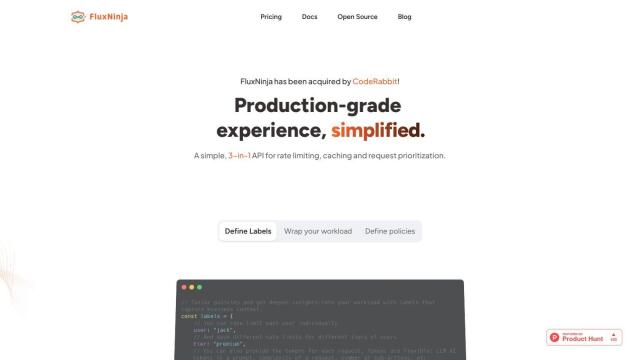
FluxNinja
If you need to manage API traffic and latency, check out FluxNinja. This 3-in-1 API is designed for generative AI, serverless and cloud-native environments. It has features like rate limiting, caching and request prioritization that can help you optimize costs and ensure fair use of APIs. FluxNinja protects data security and privacy with SOC 2 Type I certification and regular third-party audits.


Anyscale
If you want a full-fledged platform for building and running AI applications, Anyscale is worth a look. Built on the open-source Ray framework, Anyscale supports a broad range of AI models and has features like workload scheduling, cloud flexibility and optimized resource usage. It has native integrations with popular IDEs and streamlined workflows for running, debugging and testing AI applications at scale.





